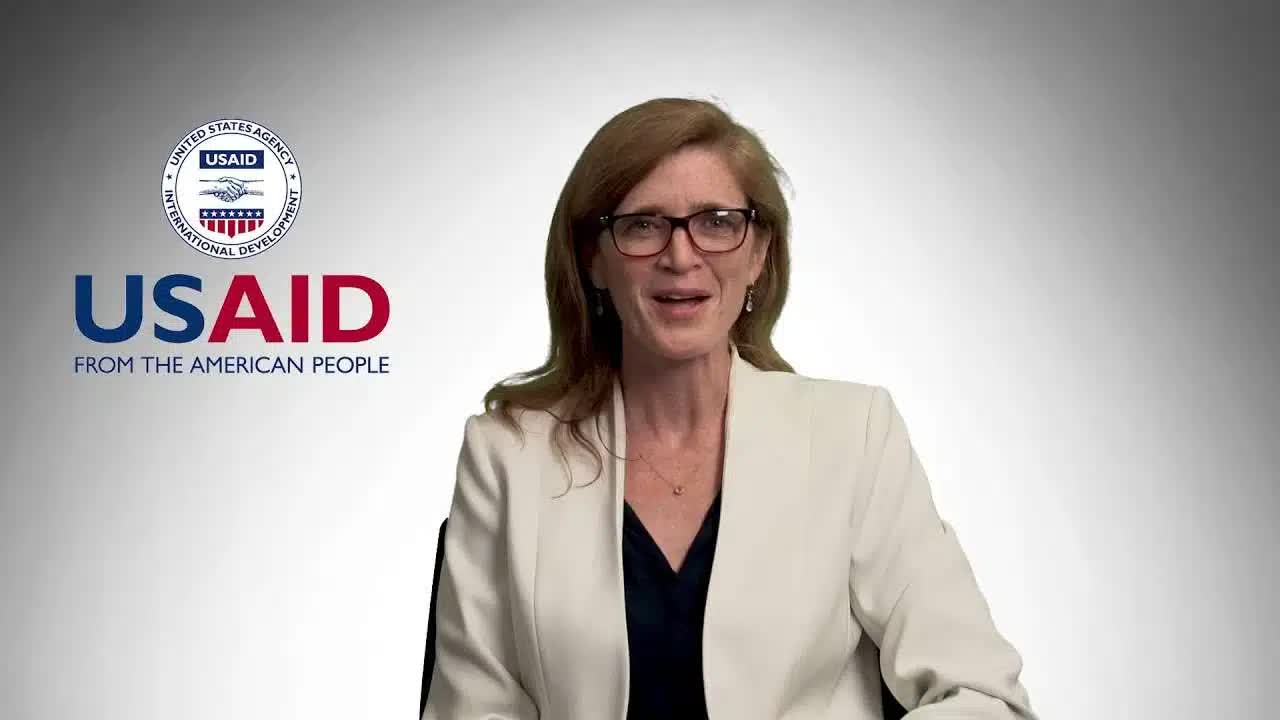In a compelling address at the World Economic Forum, Administrator Samantha Power of the United States Agency for International Development (USAID) has called for a heightened global effort to address the widespread issue of lead poisoning affecting one in two children in low- and middle-income countries.
Globally, lead poisoning claims the lives of over 1.6 million people annually, surpassing the combined mortality caused by HIV and malaria. The majority of these deaths occur in low- and middle-income nations. Lead, a potent neurotoxin with no safe level of exposure, can cause severe brain damage, hindering educational attainment and reducing future productivity.
Administrator Power emphasized that lead exposure might contribute to as much as one-fifth of the educational gap between rich and poor countries, creating a staggering $1 trillion economic burden globally. Surprisingly, despite these significant consequences, donor funding for lead mitigation efforts in these countries amounts to only around $15 million per year.
Administrator Power advocated for a global initiative to support low- and middle-income countries in implementing and enforcing binding regulations to curb lead in consumer goods such as paint, spices, and cosmetics.
These measures, she highlighted, have the potential to save hundreds of thousands of lives annually, preventing cognitive impairments and enhancing educational outcomes for millions of children. Moreover, these efforts are notably cost-effective, presenting a substantial opportunity to save lives with limited funding.
In line with this objective, Administrator Power committed to mobilizing USAID’s Missions to champion the elimination of lead from consumer goods.
With Missions in over 80 countries, including 51 without binding regulations on lead in paint, USAID is well-positioned to advocate for and support lead mitigation efforts by partner governments.
Furthermore, Administrator Power announced USAID’s participation in the Global Alliance to Eliminate Lead Paint, becoming the first bilateral development agency to join the partnership.
This alliance, which has facilitated legally-binding controls on lead paint in nearly 40 countries, will see USAID collaborating with other U.S. government agencies like the CDC and EPA.
Administrator Power also pledged $4 million towards lead mitigation efforts, including pilots in India and South Africa to aid local governments in developing mitigation strategies, addressing exposure risks, especially among vulnerable children. Additionally, a nationwide survey of blood lead levels in children in Bangladesh will be conducted.
These initiatives by USAID align with President Biden and Vice President Harris’s vision for a lead-free future, emphasizing the Biden-Harris Administration’s commitment to safeguarding communities worldwide from lead exposure.



